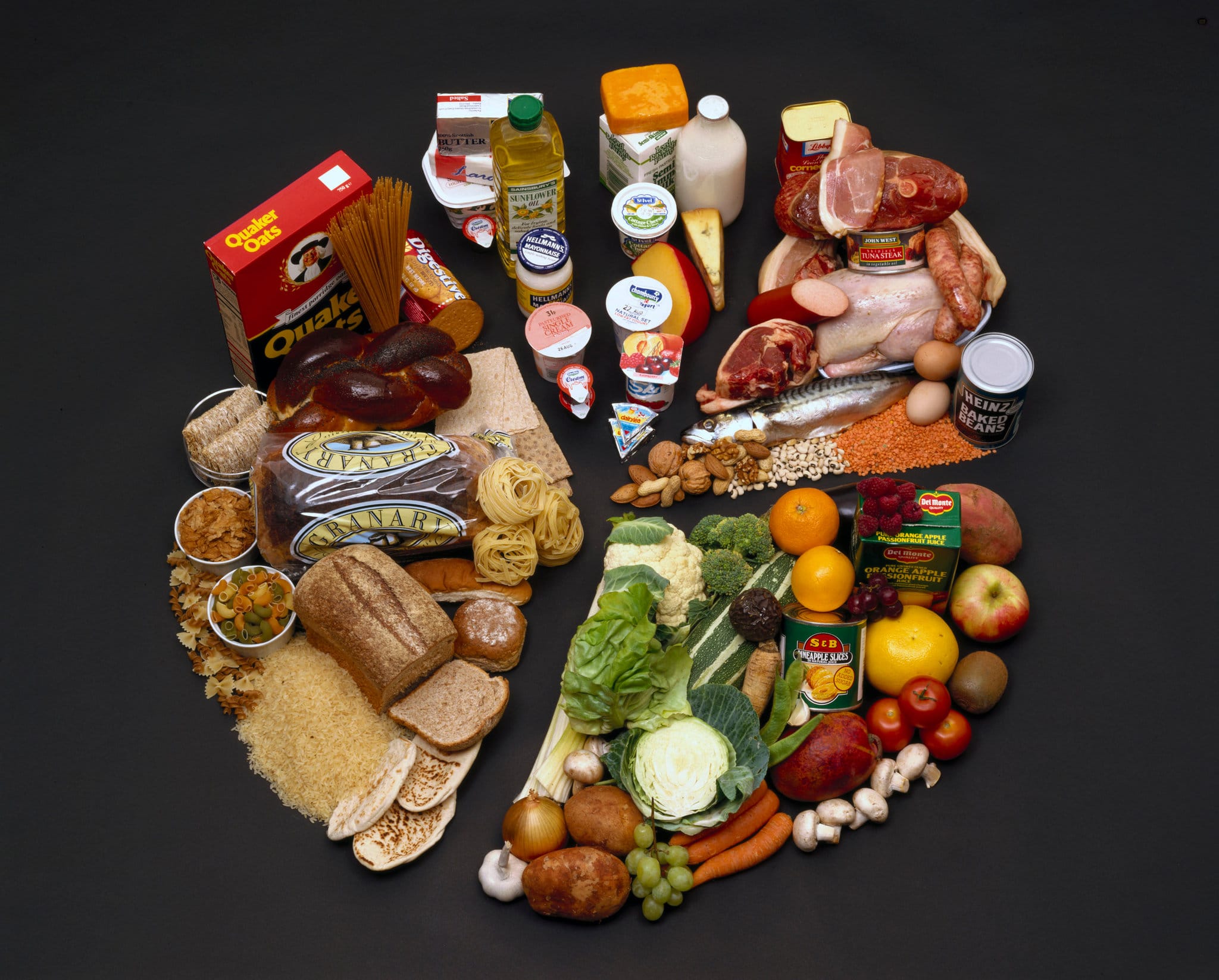Diet and nutrition are two of the most important factors for athletes; without proper and ample nutrition, peak athletic performance cannot be expected. However, when the diet is maintained with the right ratios of nutrition, the body can then perform athletics optimally.
Athletes expend more energy due to their workouts and therefore, need to consume far more calories than an average person. This is hardly surprising; however, the type of nutrients being consumed is important. For peak athletic performance, lifestyle and health blogs and articles claim that the diet should be streamlined as per individual health requirements, alongside the type of workouts to reap the right results.
Calorific energy from food
The calorific energy from the right food is called the macronutrients; the macronutrients are the fat, protein, and carbohydrate content of each food. Male athletes can easily exceed 3000 kcal and female athletes can exceed 2700 kcal per day.
Fat
Not all fat is considered to be bad and dietary fat is required for healthy hormonal balance, and acts as a source of energy for enhanced performance. Good sources of healthy fats include eating nuts, nut butter, avocado, coconuts oil, and olive oil; these are easy to incorporate into meals and have numerous other beneficial effects on the body.
Carbohydrates
High carbohydrate diets are normal for people doing high-intensity workouts or sports. Whole grain cereals, pasta, bread, fruits, and vegetables are a great source of carbohydrates for the body.
Protein
Protein is essential for the growth, repair, and maintenance of healthy muscles; some good sources of protein are lean meat, eggs, legumes, and some dairy products like yogurt, milk and cottage cheese.
How to plan the best nutrition for workouts?
The main goal for people doing intense workouts is to ensure that there is a minimum of five meals per day. These meals should add up to meet the daily calorific values for adequate nutrition.
Ample fruits and colored vegetables should be included in the diet to provide ample energy and nutrition for the workouts. The portion size should be limited to approximately the size of a baseball as per the lifestyle and living conditions. For instance, even with heavy workouts, it is possible to go wrong with nutrition and lead an otherwise unhealthy lifestyle. Fresh fruits and vegetables of various colors will contribute to the different nutritional requirements of the persons.
Carbohydrates should be chosen carefully, with heavy emphasis on whole-grain and fiber-rich cereals and grains and refined sugar and flours should be limited. Lean meat and eggs alongside vegetables and fruits are great sources of various proteins essential for the body.
Hydration
Hydration is just as important as proper nutrition, as, without proper hydration, it is not possible for the body to optimally perform, as required. Plenty of beverages like natural fruit juices, milk, and other types of sports beverages that are customized to replenish the decreasing levels of hydration after an intense workout or playing intensive sports. Although sports drinks and natural fruit juices are high in sugar, they are completely different from energy drinks.
A personal hydration plan is essential for the best performance and two cups before the session and four to six ounces of fluid for every fifteen minutes of workout is necessary to be on the top. It is usually accepted that for loss of each pound, it should be replaced with sixteen ounces of fluid; the best choices are water, natural fruit juices, and sports drinks, that replenish the lost electrolytes after training.

